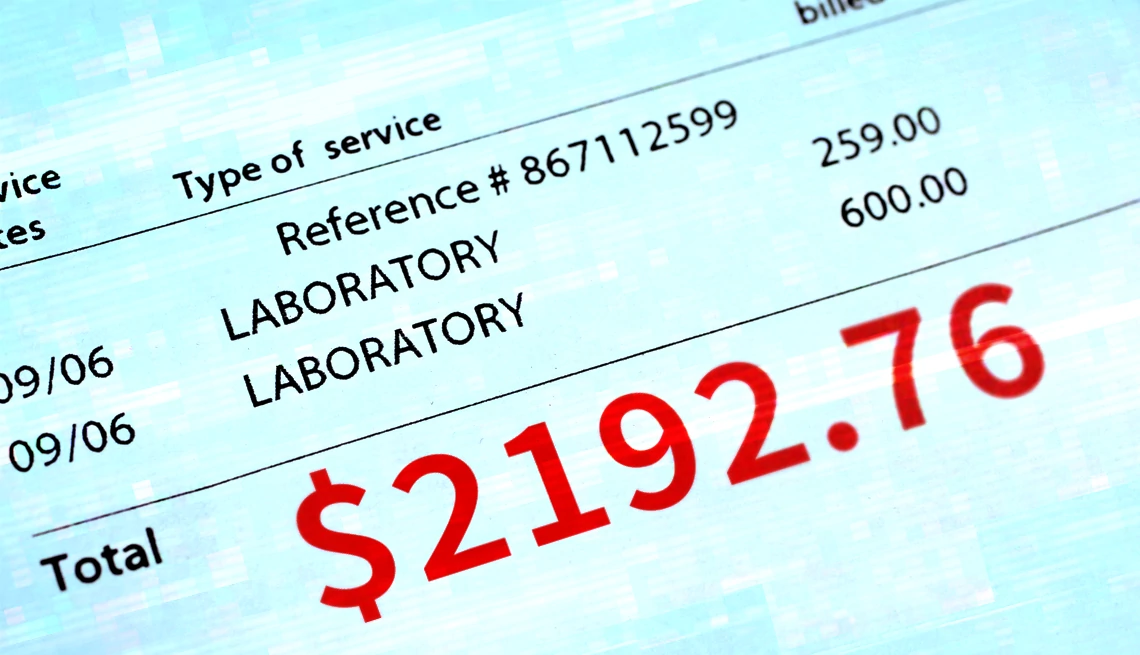
How to spot and fix medical billing errors
- Select a language for the TTS:
- UK English Female
- UK English Male
- US English Female
- US English Male
- Australian Female
- Australian Male
- Language selected: (auto detect) - EN
Play all audios:

WHAT TO DO IF YOU SUSPECT A MEDICAL ERROR If something on your medical bill doesn’t look right, speak up. The 2024 JAMA Health Forum study found that while only 61 percent of people
with a medical bill concern contacted the health care provider or insurer’s billing office, and 74 percent of those who did were able to get the mistake corrected. Here are the steps to take
to dispute a medical bill. * GATHER THE FACTS Call the medical provider and ask them to walk you through what each itemized charge covers. If you are fighting an insurance denial, verify
that the provider used the correct billing code. Every medical procedure has a corresponding five-digit billing code. These numerical systems, called Current Procedural Terminology (CPT) for
insurance and the Healthcare Common Procedure Coding System (HCPCS) for Medicare, determine how much your provider will be paid by your insurance company. “If the description of something
is unclear or a charge seems excessive, you can type the code into Google to get a good idea of what it is,” Palmer says. * KEEP DETAILED RECORDS Save copies of bills, letters and other
communication from your health care provider and your insurer. If you call a billing office, “keep notes of who you spoke to, the day it was and what they said,” Gross recommends. “You have
to keep really good notes because that is going to help you to fight [a billing error].” After a conversation, ask the representative if he or she can send you an email covering what was
discussed, she suggests. You may need to provide these kinds of records as evidence when you dispute a billing error. * BE PERSISTENT It takes the Patient Advocate Foundation’s professional
case managers more than 25 calls to resolve the average case, Donovan says. If you’ve reached a dead end with the customer service agent you’re speaking to, call back and talk to someone
else, or ask for a supervisor, Gross suggests. Don’t be afraid to escalate your dispute to the head of the department. “The one thing I say all the time is, ‘fight for your rights,’” Gross
says. “Do not give up.” * LODGE A COMPLAINT If you’re not making headway, you could file a formal complaint with your state, Gross suggests. Depending on the issue and where you live, that
might be your state’s department of insurance, consumer protection office or attorney general’s office. Some patients find success going public, whether it’s posting about the issue on
social media, filing a complaint with the Better Business Bureau or leaving a review on a site like Yelp or Google. * CONSIDER BRINGING IN A PROFESSIONAL If tackling a large or confusing
medical bill feels overwhelming, consider getting help from a patient advocate. The Patient Advocate Foundation provides free medical billing assistance, including bill negotiating services,
to U.S. patients with serious health conditions, except for bills related to mental illness, accidents or maternity care. You could also hire a professional patient advocate; many work on
contingency, meaning they take a percentage of the money that they help you save.
